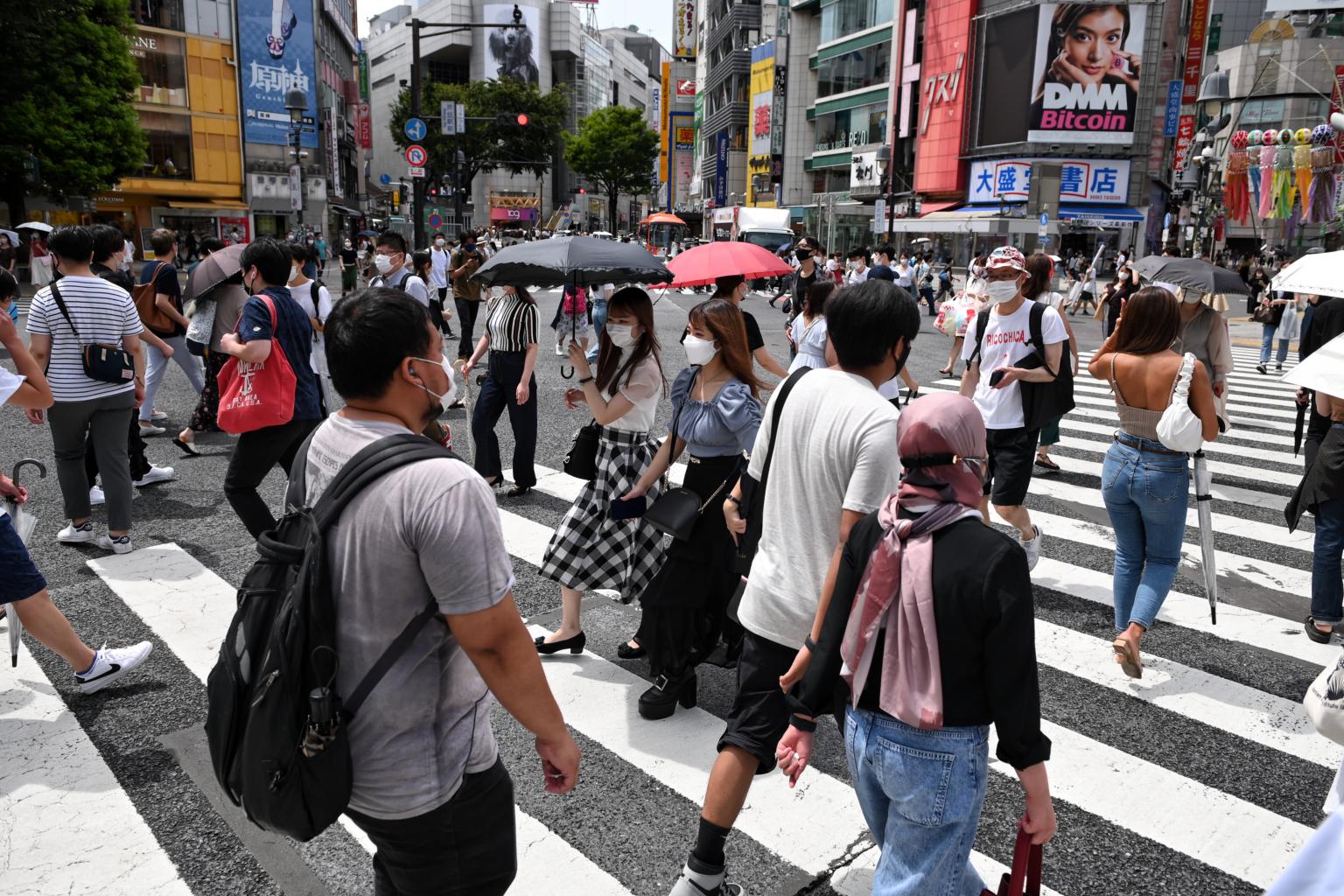Japan business community seeks further relaxation of border controls
Sign up now: Get insights on Asia's fast-moving developments

Japan began a phased reopening to tourists on June 10 after a more than two-year ban.
Follow topic:
TOKYO (REUTERS, BLOOMBERG) - Japan's business community issued a joint statement on Friday (June 10) seeking further relaxation of border controls, as the country begins a gradual easing of Covid-19 travel restrictions.
The statement by domestic business lobby Keidanren and foreign chambers of commerce urged further easing to "facilitate an environment where people, goods, money and digital technologies can move freely".
Japan began a phased reopening to tourists on Friday after a more than two-year ban, in a move that will potentially boost the economy over time, though the initial spending impact is likely to be limited.
Prime Minister Fumio Kishida's decision to raise the cap on international arrivals will bring an additional 6,000 foreign tourists per day, Bloomberg Economics estimates. That is likely to generate annual spending of about 320 billion yen (S$3.3 billion), or just 14 per cent of the levels recorded in 2019.
Japan would need to fully reopen its border for tourism to deliver a serious cash injection to the economy. Such a move would also harness the upside of a weak yen by giving overseas visitors greater purchasing power, helping offset some of the negative effects like higher import costs for consumers and firms.
"Given that the yen is quite clearly weaker than it was pre-pandemic, everything in Japan is a lot cheaper for people coming from abroad," said Ms Mari Iwashita, chief market economist at Daiwa Securities Co. "I'd imagine they'd do quite a bit of shopping."
So far this year, the yen is trading weaker against all 16 major currencies tracked by Bloomberg.
Consumption in Japan has been tepid to date this year, with the Omicron outbreak weighing on household spending in the first three months. While the economy is expected to post a moderate rebound in the current quarter, additional tourism money would be a welcome boost to the Covid-battered hospitality sector.
"Even incremental reopening to foreign tourists will help harness wider benefits of the weak yen," said Bloomberg economics senior economist Yuki Masujima.
"From retailers to restaurants and hotels, a rise in sales to foreign visitors could go some way to offsetting the impact of surging costs for food and fuel, which in part have been driven by the yen's decline."

